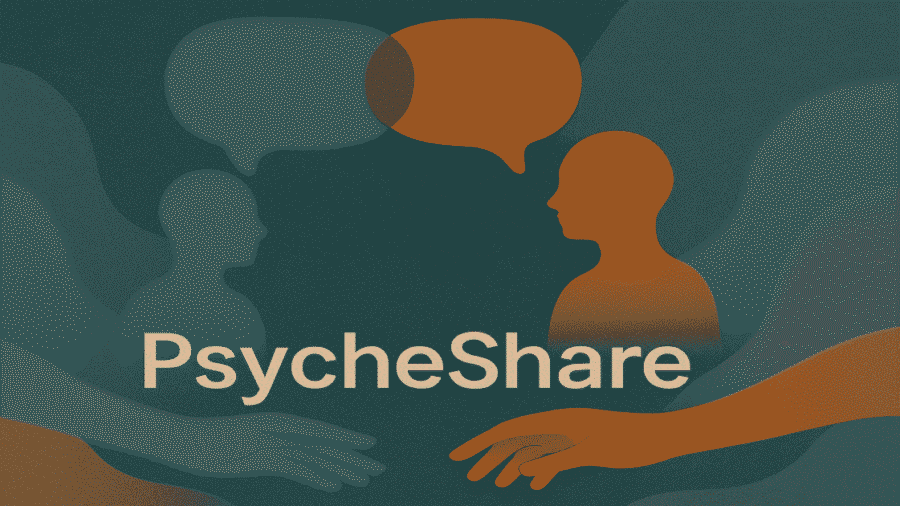When I first met Ama during my second year at university, I thought I had found a lifelong friend.
She was lively, funny, and charismatic — the kind of person who could light up any room. We would spend hours talking about everything: our dreams, our fears, our plans for the future. I had never felt so connected to someone outside my family before.
For months, we were inseparable. We studied together at Sam Jonah Library, attended celebrations, and explored every hidden beach spot around Cape Coast. To me, Ama wasn’t just a friend — she was like a sister.
The Subtle Shifts I Didn’t Notice Early Enough
It started small.
Ama would often make jokes about me that didn’t sit right — calling me “too emotional” or “too boring” if I didn’t want to go out every night. She would brush it off by saying, “You know I’m just joking, right?”
At first, I laughed along because I didn’t want to seem overly sensitive.
Then it escalated: she started belittling my achievements. When I got a scholarship for academic excellence, she said, “It’s only because your course is easier than mine.”
Whenever I tried to address these comments, Ama would turn the tables. She’d accuse me of being insecure, or claim I was “overthinking” everything. I began doubting myself constantly.
One weekend, we attended a beach party organized by some final-year students. I was genuinely excited.
But within an hour, Ama had made multiple hurtful jokes about me in front of everyone. She laughed louder than anyone else, treating me like the punchline of her jokes.
I felt humiliated. Worse, when I confronted her later that night, she dismissed me completely, saying, “You’re always creating drama where there’s none.”
I went back to my hostel and cried myself to sleep. For the first time, it hit me: this wasn’t friendship anymore. This was emotional manipulation, and it was costing me my self-worth.
The Silent Decision to Walk Away
There was no dramatic fight. No public fallout.
Just a quiet, painful decision on my part to slowly distance myself. I stopped initiating conversations. I stopped making plans. I allowed the space between us to grow, even though it hurt like losing a part of myself.
At first, I felt lonely. I questioned if I was being petty or overreacting.
But gradually, I noticed something powerful happening: I felt lighter. My anxiety decreased. I started focusing on friendships that made me feel valued and loved.
I threw myself into my hobbies again — drawing, going to the pool side, late-night strolls on campus — activities I had unconsciously abandoned when trying to fit into Ama’s world.
Ama never apologized. She never even seemed to notice I was gone. And honestly, that was the final confirmation I needed that I made the right decision.
Healing wasn’t a easy for me though. Some days, I missed her terribly. Other days, I felt waves of anger for allowing the toxicity to go on for so long. But over time, those feelings became quieter, replaced by peace and gratitude — gratitude that I had chosen myself.
Sometimes, growth means walking away quietly and choosing your mental health over loyalty to people who don’t respect you.
Lessons I Learned the Hard Way
Here’s what this experience taught me:
- Pay attention to how people make you feel consistently, not just occasionally.
- Friendship should uplift, not drain you.
- You don’t owe anyone unlimited access to your life.
- Letting go doesn’t mean you’re bitter. It means you value yourself.
If you’re stuck in a toxic friendship, know this: it’s okay to choose peace over history.
You deserve relationships that feel like home — safe, warm, and nurturing.
And sometimes, saving your mental health looks like walking away without a goodbye.



Add a Comment